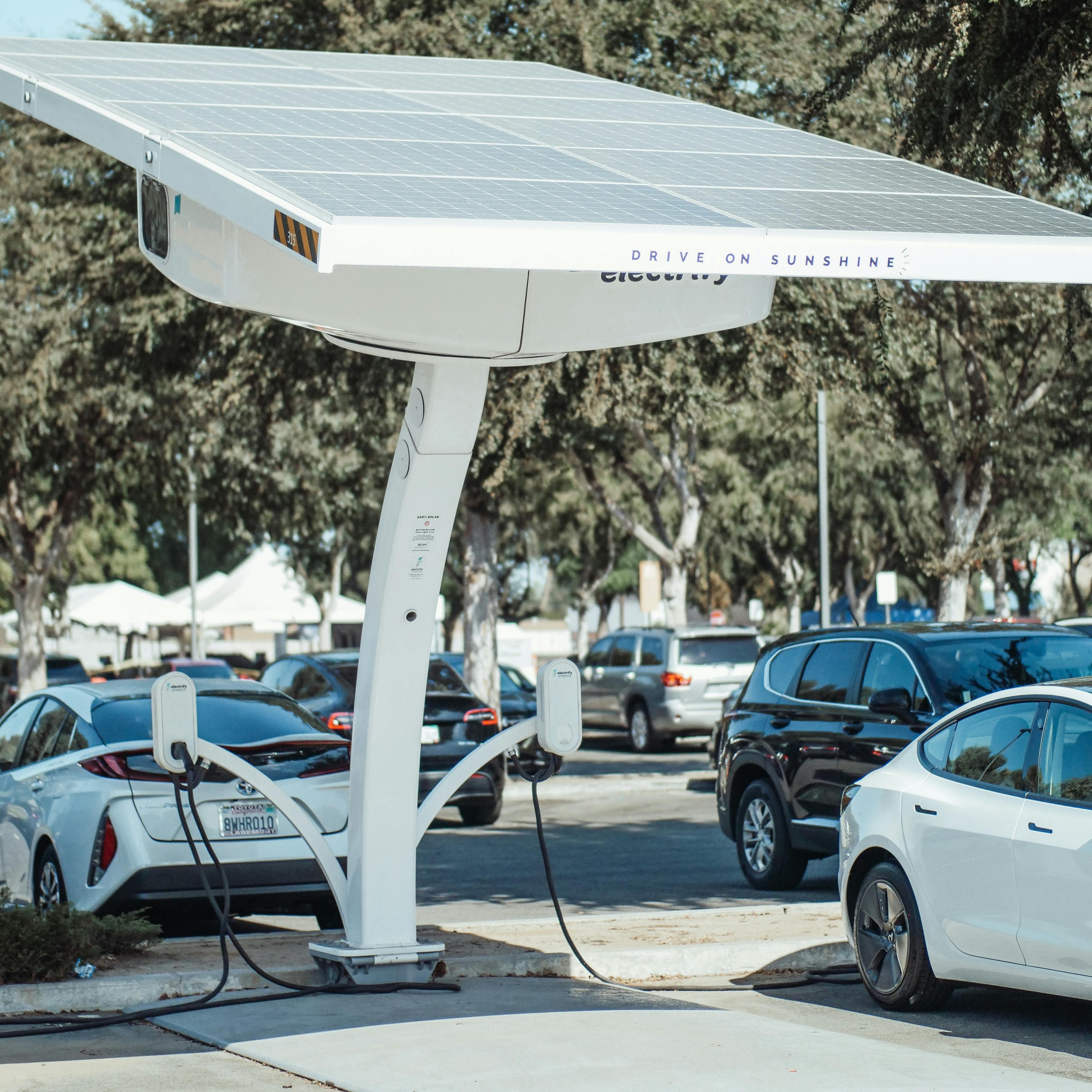Entry-Level Electric Cars: What to Expect Below $30k
The landscape of electric vehicles continues to evolve, bringing forth more accessible options for consumers interested in making the switch. For many, the initial cost of an EV has been a significant barrier, but as technology advances and production scales, the market for more affordable models is expanding. Understanding what to expect from entry-level electric cars, particularly those priced under $30,000, can help prospective buyers navigate their choices and discover if an EV fits their lifestyle and budget.

Exploring Compact Electric Vehicles
Compact electric vehicles and mini electric cars represent a growing segment designed primarily for urban environments and shorter commutes. These smaller vehicles typically offer nimble handling, making them ideal for navigating congested city streets and fitting into tight parking spaces. Their reduced size often translates to greater energy efficiency, which can be a key factor for drivers prioritizing lower running costs. While their interior space and cargo capacity might be less than larger counterparts, they often provide sufficient room for daily needs, proving that a smaller footprint does not necessarily mean a compromise on practicality for many drivers.
Key Features of Affordable Electric Cars
When considering affordable electric cars, buyers can expect a range of features aimed at balancing cost with functionality. These vehicles typically come with a practical driving range suitable for daily commutes, often between 100 to 150 miles on a full charge, which is adequate for most drivers’ routines. Standard charging capabilities, including Level 2 AC charging and potentially DC fast charging, are common, though fast charging speeds might be more modest than in premium models. Basic infotainment systems, essential safety features, and comfortable interiors are generally included, focusing on reliability and usability rather than luxury. The emphasis is on providing a functional and environmentally conscious mode of transportation without the higher price tag of longer-range or more feature-rich EVs.
Considerations for Electric Cars Under $30,000
Finding new electric cars under $30,000 in the United States requires careful consideration, as the market for vehicles strictly at this MSRP is quite limited. Many models that appear in this price range often do so after federal tax credits or state incentives are applied. These incentives can significantly reduce the effective purchase price, making a broader array of small electric cars accessible. Prospective buyers should research available federal tax credits, which can be substantial, and any local or state programs that further lower the cost. It is also important to consider that while the upfront cost is a major factor, the total cost of ownership, including charging, maintenance, and insurance, can offer long-term savings compared to gasoline-powered vehicles.
Understanding Real-World Costs and Ownership
Beyond the initial purchase price, the real-world costs of owning an electric car under $30,000 involve several factors. Charging costs are typically lower than fueling a gasoline car, especially if charging at home during off-peak hours. The cost of electricity varies by region and utility provider, influencing daily operational expenses. Maintenance for electric vehicles is often simpler and less frequent due to fewer moving parts compared to internal combustion engines, potentially leading to savings on routine service. Insurance rates can vary based on the vehicle model, driver profile, and location, so obtaining quotes is advisable. Over time, these combined factors can contribute to a lower total cost of ownership, making affordable electric cars an economically sound choice for many.
Comparing Entry-Level Electric Vehicle Options
The market for new entry-level electric vehicles under $30,000 MSRP is specialized, with few models fitting this criterion without incentives. The Nissan Leaf S is a notable example that typically starts below this threshold before any federal or state tax credits. For those seeking even more options within this budget, the pre-owned market for compact electric vehicles offers a broader selection, including models that were once priced higher as new vehicles. When evaluating these options, it’s crucial to compare specifications such as range, charging capabilities, and available features against individual driving needs and budget constraints.
| Product/Service | Provider | Cost Estimation (MSRP, before incentives) |
|---|---|---|
| Leaf S | Nissan | Approximately $28,140 |
| Used Compact EV Models | Various Brands | Varies, often $15,000 - $28,000 |
Prices, rates, or cost estimates mentioned in this article are based on the latest available information but may change over time. Independent research is advised before making financial decisions.
The journey into electric vehicle ownership at an entry-level price point is increasingly feasible, offering a blend of environmental benefits and reduced running costs. While the selection of brand-new electric cars under $30,000 MSRP may be limited, understanding the role of government incentives and exploring the robust pre-owned market can open up numerous possibilities. Prospective buyers are encouraged to evaluate their driving habits, charging access, and long-term financial goals to make an informed decision about the most suitable affordable electric car for their needs.




